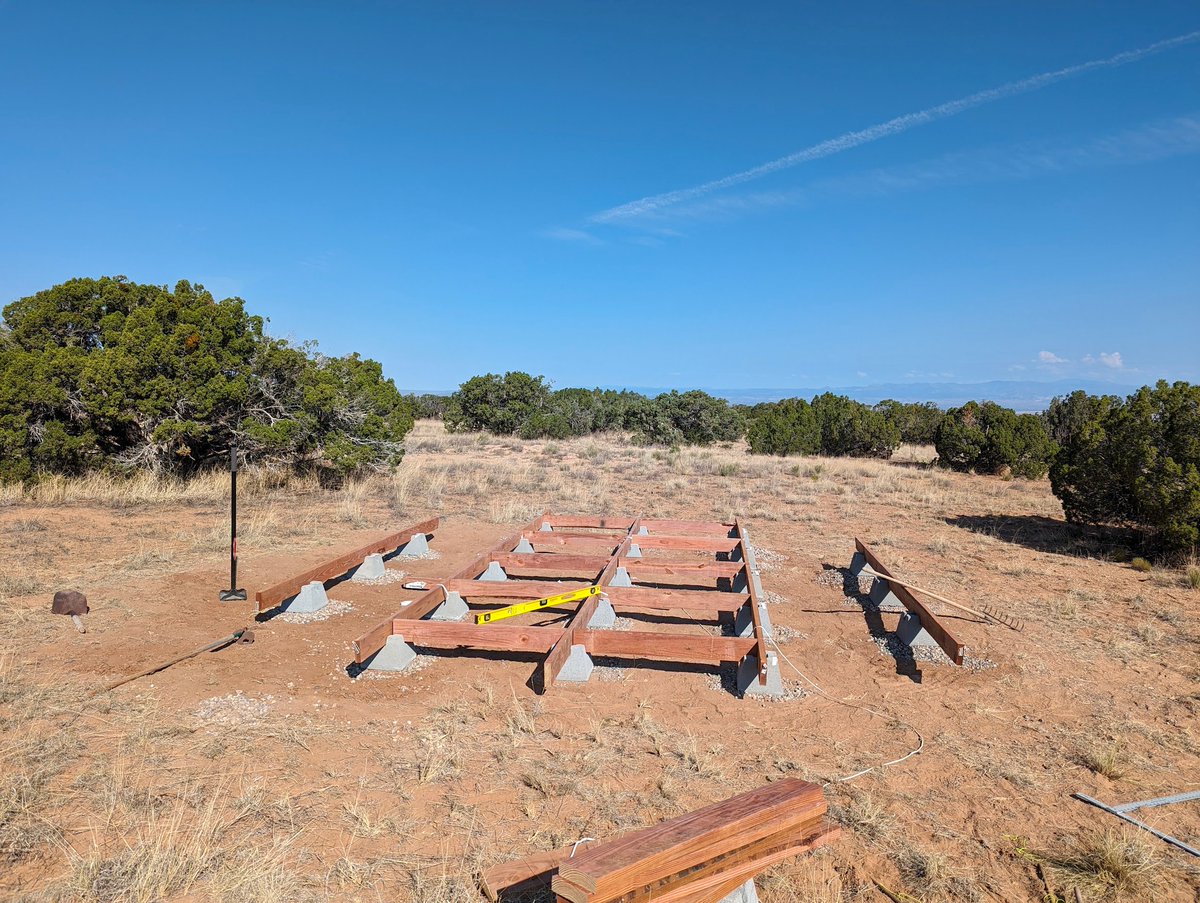There's a disconnect between critiques of Telegram and its practical use that have made me uneasy about joining technical pile-ons around how it's not really encrypted messaging. Let me use the example of Telegram use in the Hong Kong protests
https://twitter.com/moxie/status/1474067549574688768
I arrived in Hong Kong with each hair standing individually on end because everyone was using Telegram, which of course stores every group chat server-side like Moxie says. It took me a while to understand why it was so popular despite this shortcoming
One reason was the ability to have three scales of chat in one app—really enormous (tens of thousands) of groups where you didn't have to share your identity, regular group chat, and one-on-one chats with people
The one-on-one chats were popular because they could be set to an ephemeral mode, so that if a cop caught you and made you unlock your phone, you wouldn't get them in trouble. The huge supergroups were useful for organizing protest events and broadcasting information.
People were trying to avoid getting recognized in the moment, caught in the moment, or having to broadcast their identity to a huge group of strangers (HELLO I AM INTERESTED IN ATTENDING YOUR PROTEST), although this later turned out to be a huge hole in Telegram and caused a fuss
So the tradeoff was a mix of the app being usable and useful, safety in numbers, basic anonymity features in large groups, the ability to have massive supergroups, and disappearing chat. Compare this to Signal, where you saw everyone's phone number and it was buggy as hell
If the Chinese government wanted to come after you individually, you were screwed no matter what app you used. People brought phones to protests and that cell tower data was stored somewhere much easier for the PRC to obtain than even hacking Telegram.
The whole thing left me feeling far more confused about the role of E2E than I had been going in. Even today, if a state actor is seriously interested in you *specifically*, it's game over. Signal can keep your messages triple secret all it wants, but it doesn't really matter
Either your device will be compromised, or the person you are having the triple-secret conversation is a government agent to begin with and even wearing a secret decoder ring on each finger is going to help
So I think the right way to think of Telegram is an "encrypted enough" messenger, and for E2E purists to take a more careful look at why it is so widely used in protests movements, and why people find using "real" encrypted apps like Signal such a pain in the ass
The broader problem of ephemeral or spur of the moment protest activity leaving a permanent data trail that can be forensically analyzed and target individuals many years after the fact is unsolved and poses a serious risk to dissent. But E2E is not the solution to it.
I feel like Moxie and a lot of end-to-end encryption purists fall into the same intellectual tarpit as the cryptocurrency people, which is that it should be possible to design technical systems that require *zero* trust, and that the benefits of these designs are self-evident
But a truly trustless system is inhuman, and you're going to get monstrous results if you try to impose it on human behavior. Homo encrypticus doesn't exist any more than homo economicus. We need to think more deeply about how to make these technologies serve people as they are
The most dangerous thing about social software systems today is that they impose consequences on everyday actions that are unbounded in severity and time. You can be fired today for a social media comment you made as a kid, you can have $100M stolen by plugging in a USB device
Reducing the blast radius of normal human mistakes, dismantling the permanent record part of the surveillance economy, and not forcing people to make irrevocable lifetime decisions every time they use a phone are the only way out of this mess. That's not solvable with software.
• • •
Missing some Tweet in this thread? You can try to
force a refresh










